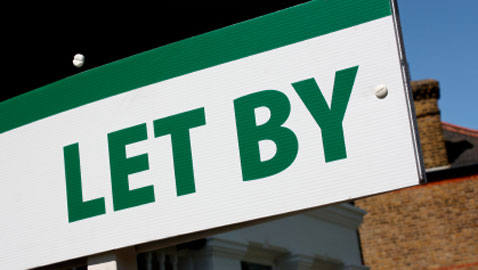Rightmove has revealed that rents look set to continue to rise in 2013 by an average of around 2%.
This would compare to the annual rate of increase of 4.5% Rightmove has recorded over the last three years. The firm says its research suggests that rental price growth may be set to ease off.
According to Rightmove’s latest Consumer Confidence Survey, only 25% of landlords indicated that they had already decided to increase their rents over the next year, with only 35% of these planning a rental increase of more than 5%. Taking all landlord intentions into account the average rent looks set to change by about +2% next year.
This compares to 61% of landlords who are planning to hold existing rents. 14% of landlords state they are still undecided, though with only 1% expecting to actually reduce rents.
“The widening gap between tenant demand and rental property supply over the last few years has fuelled upwards pressure on rents,” said Miles Shipside, director and housing market analyst at Rightmove.
“However, the majority of landlords now seem to be prepared to exercise constraint and are planning a ‘rent freeze’ for 2013.
“Lettings agents still report consistently high demand but more are warning landlords of the risks of squeezing tenants’ finances too hard. However, some tenants in rental hotspots like London and Manchester may bear the brunt of higher rises. This combination of apparent benevolence and bullish hotspots may give a less racy rent rise outlook overall, but does not mask the fact that some tenants are again in for a rent rise shock.”
Rightmove data shows that average rents have now increased by 13.64% between Q3 2009 and Q3 2012 as demand continues to outstrip supply.
However, Rightmove also finds that, on average, existing tenants spend around 39% of their monthly take-home pay on rent and 22% currently spend more than 50% of their monthly earnings (after mandatory deductions) on their rented-roof.
With the private rented sector representing a secure place for investors, especially relative to other investment classes, Rightmove believes that landlords may now be considering that holding onto a long- term ‘good tenant’ is preferable to pushing rents even higher and running the risk of void periods.
“Landlords appear to be becoming increasingly aware of the need to strike a balance between long-term security and short-term gains,” said Shipside.
“They need to weigh up whether it is better to ‘stick’ and hold rents for a model tenant or ‘twist’ and chance a rise and run the risk of ending up with a less desirable occupant, or even a void. Interestingly, around one in four landlords is an ‘accidental landlord’, and with 9% of landlords stating they are actually tenants themselves, perhaps this growing band of non-professional landlords is more sympathetic to tenants’ rental price concerns?”
59% of existing tenants say that they would like to buy but cannot afford to, up on the 54% recorded last quarter and now at the highest level Rightmove has ever recorded since it started its quarterly rental survey in Spring 2010.
Shipside added: “This is an important reminder of how owning the roof over their head is still the principle ambition for the majority of tenants. It is a goal that many are currently being denied by a combination of high deposit requirements and a vicious circle that means that rising rents shackle their ability to save enough to get out of rented accommodation.
“It is an indication that the ability to purchase seems to be as tough as ever, and the pressure for more properties in the rental sector is not set to ease.”
